Profile: Who was Ibrahim Aqil, Hezbollah commander assassinated by Israel in Beirut?
By Ivan Kesic
On Saturday, Israel targeted a residential area in the southern suburbs of Beirut, assassinating one of the top-ranking commanders of the Hezbollah resistance movement.
The strike was carried out by a fighter jet and involved heavy bombs provided to the Tel Aviv regime by the United States, according to reports. The area housed a large number of schools.
The movement confirmed the martyrdom of Aqil, also known as Hajj Abdul-Qader, in a statement late on Friday, vowing to continue the fight against the Israeli occupation.
The statement said the martyr’s life was one of “unwavering dedication” — marked by perseverance, sacrifice and unyielding commitment in the face of adversity.
“Al-Quds was ever-present in his heart and mind, day and night. It was his deepest passion, and praying in Holy Al-Aqsa Mosque remained his greatest aspiration,” it added.
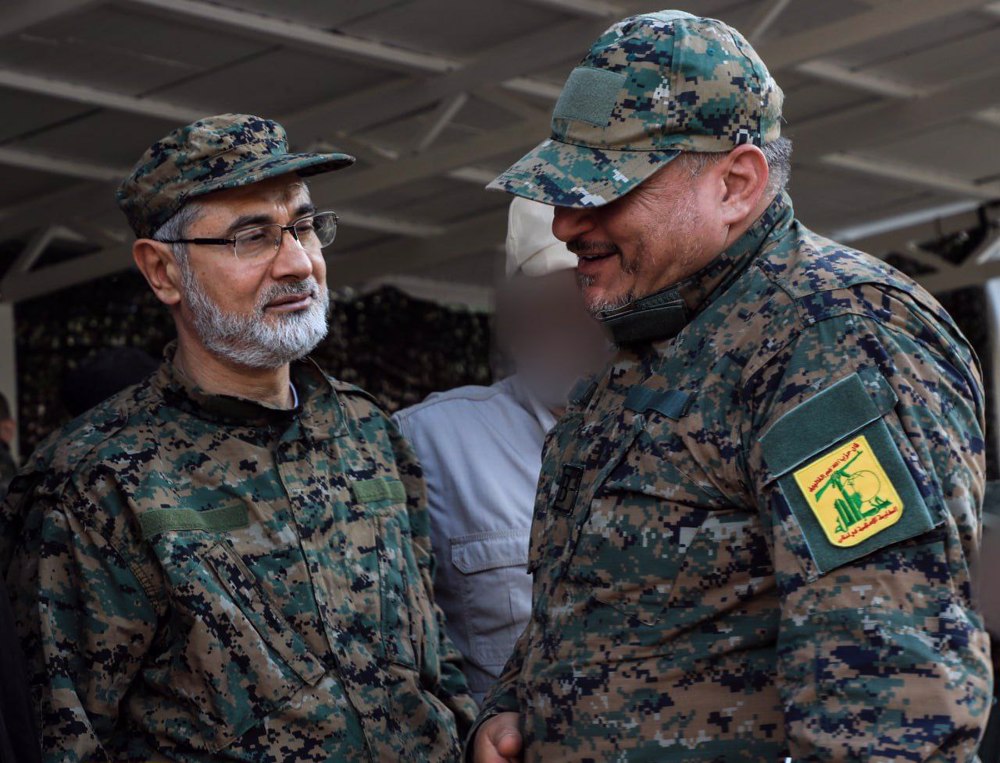
Aqil, who is the second high-profile Hezbollah leader to be assassinated in recent months after Fuad Shukr was born on December 24, 1962, in Bednayel, a settlement in the Baalbek district of the Beqaa Valley in northeastern Lebanon.
In the early 1980s, he was one of the founders of the Islamic movement in Beirut.
Following the invasion of Lebanon by the Israeli regime in 1982, Aqil spearheaded numerous heroic battles and operations against the occupying entity that ultimately resulted in its disgraceful defeat and withdrawal from the Arab country.
He took charge of Hezbollah's central training in the early 1990s, playing a pivotal role in developing the resistance’s human resources. After that, he was appointed chief of staff for the Islamic Resistance.
From 1997 until the final war victory in 2000, he led a number of significant operations in Jabal Amel, a region from the Hula Valley to the Mediterranean Sea in southern Lebanon.
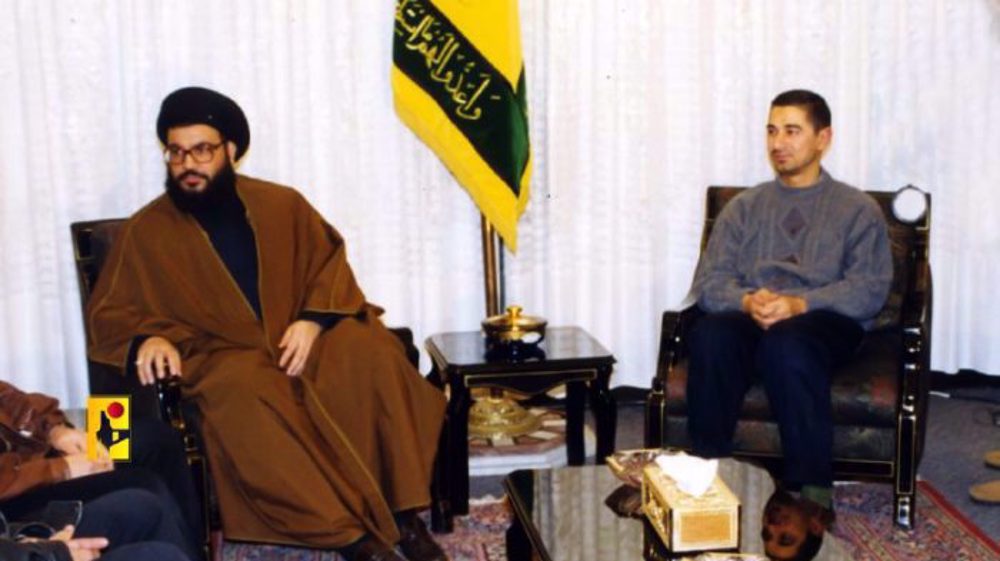
Some four months before the end of the war in 2000, an attempt was made to assassinate him with rockets fired from an Israeli helicopter at his car, but he managed to escape with slight injuries.
Five civilians were also slightly wounded in the attack, including an infant.
The motive for the assassination attempt was Hezbollah's elimination of the second-in-command of the Israeli proxy army in Lebanon a week earlier.
Hezbollah responded to that attack with a strike on the outpost in which one Israeli sergeant was killed and seven others were wounded, four of them seriously.
In 2006, he played a prominent role in the war against the Israeli regime, from which Hezbollah again emerged victorious after a month of fierce fighting.
Two years later, he established the operations command of Hezbollah, and also became a member of the Jihad Council, serving as the assistant to Sayyed Hassan Nasrallah for operations affairs.
In 2008, he founded the Radwan Force, a unit named after the celebrated Hezbollah commander Imad Mughniyeh and derived from Hezbollah's earlier special forces.
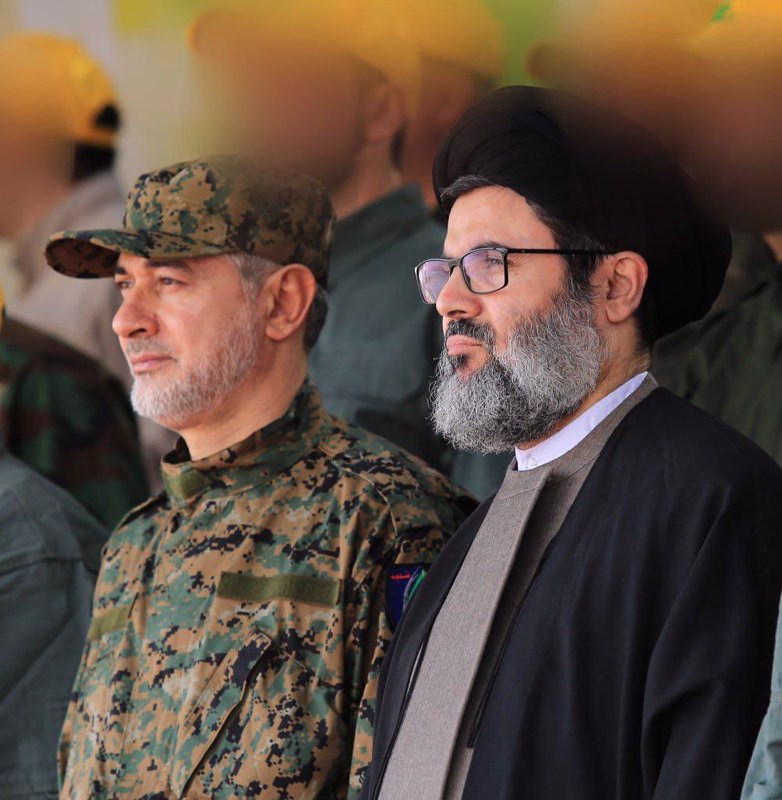
He led its development and command until his martyrdom.
In the following decade, he served as a senior commander who planned and directed operations against terrorist groups along Lebanon’s eastern border, in Qusayr, Qalamoun, and other parts of Syria.
The US Department of the Treasury had designated him as a “specially designated global terrorist” and offered a reward of up to $7 million for information leading to his “identification, location, arrest, and/or conviction.”
That, however, didn’t deter him as he continued to be a vital cog in the Lebanese resistance movement.
Since the events of October 7 last year, Aqil led the Lebanese resistance operations against the Israeli entity, inflicting heavy and severe blows on the regime and its proxies.
VIDEO | Press TV's news headlines
Senior Russian general shot and wounded in Moscow: Officials
UK ordered in 'milestone' court ruling to pay $570 million for colonial-era massacre
VIDEO | Defying the rubble, Gaza opens its first face-to-face school since start of war
‘Ready for next round’: Million-man rally in Yemen backs Gaza, resistance
FM Araghchi departs Muscat for Doha following nuclear talks with US
Israeli keeps killing more Palestinian civilians in Gaza amid relentless ceasefire violations
Aliyev: Azerbaijani territory will not be used for threats against Iran


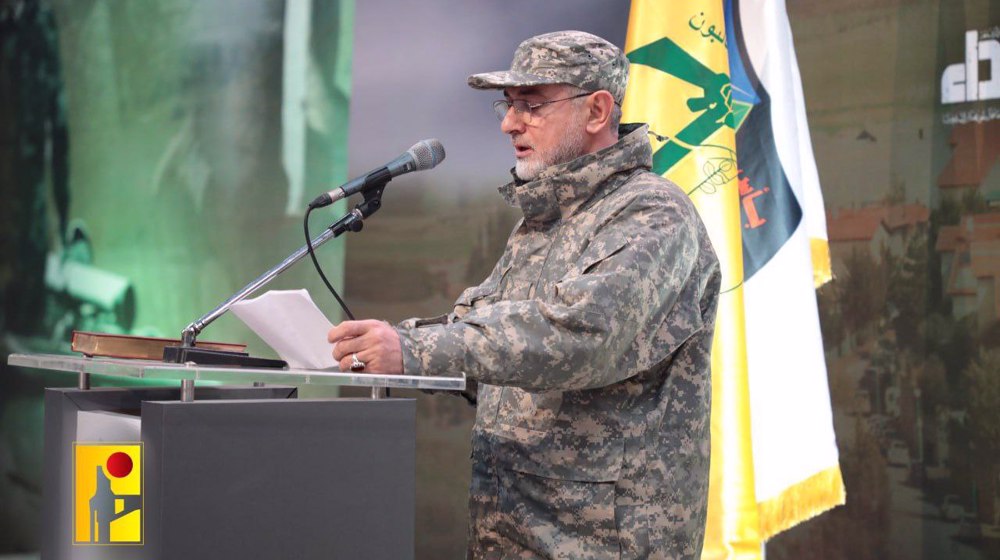
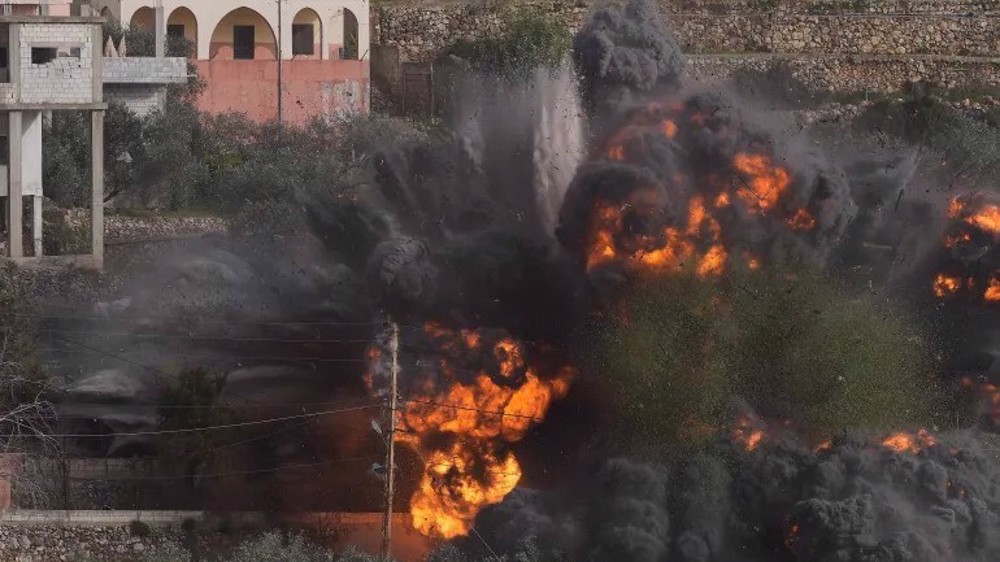
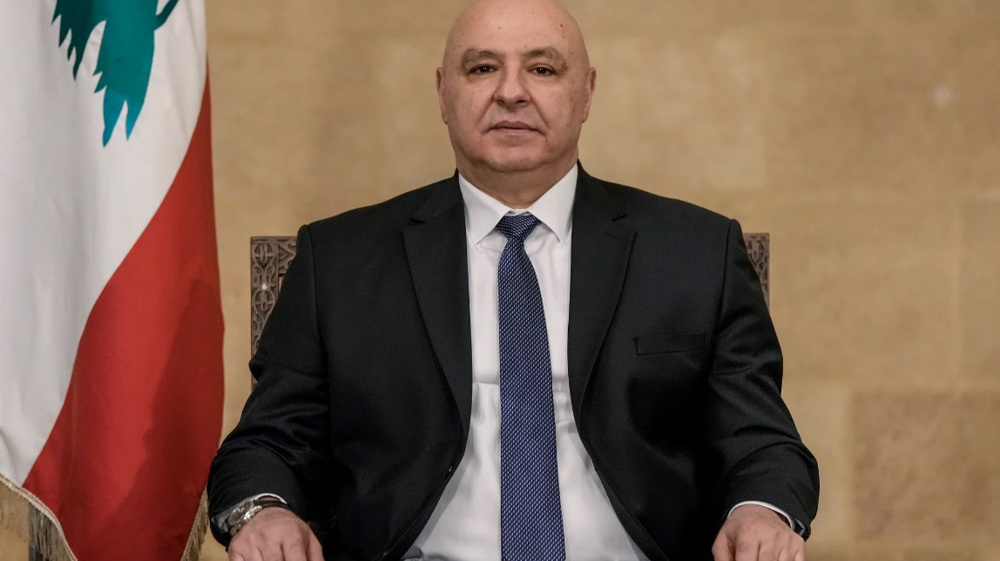
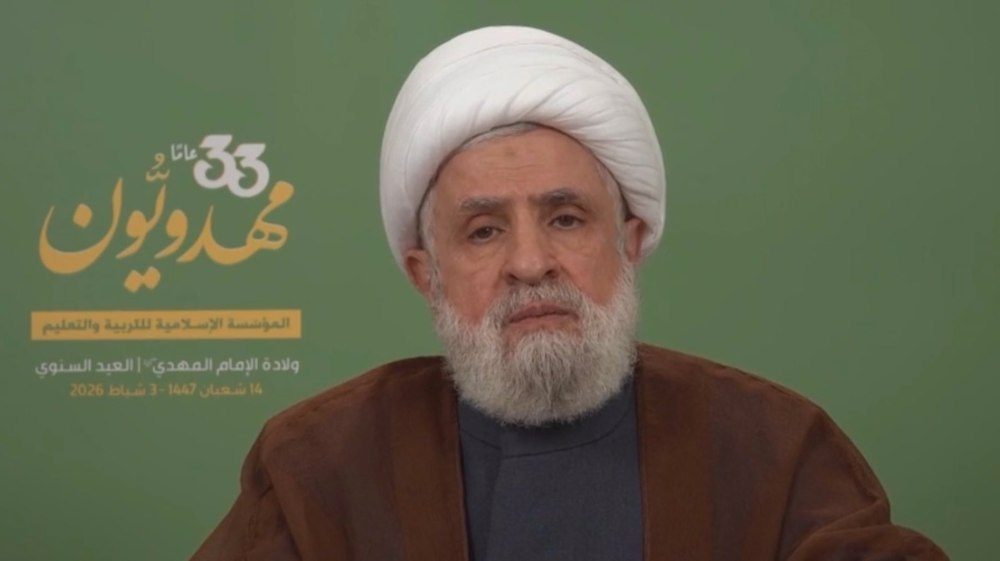



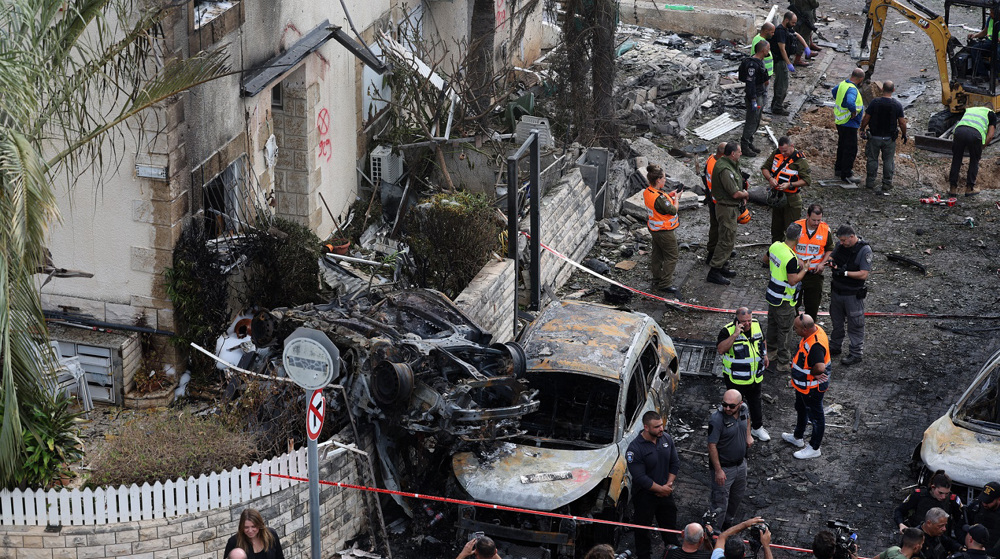
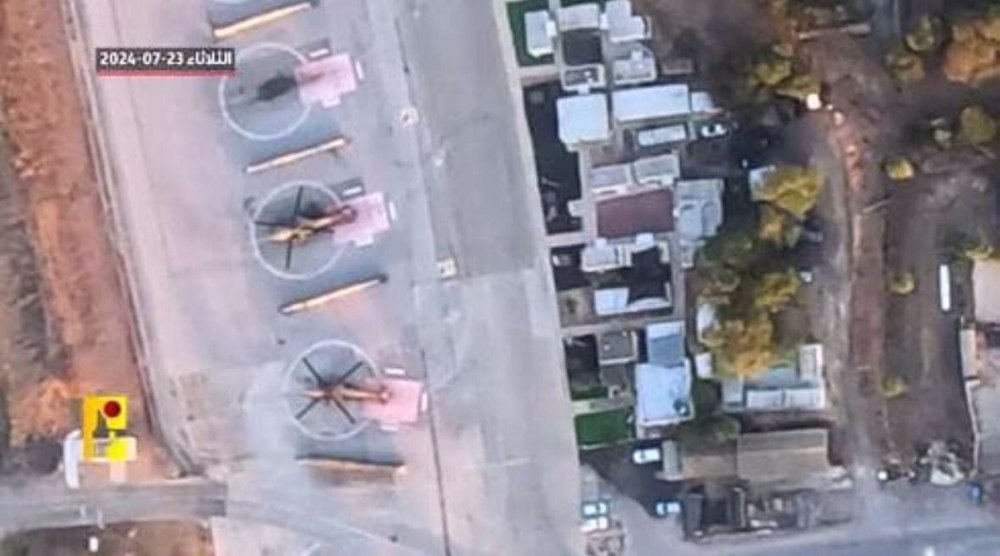
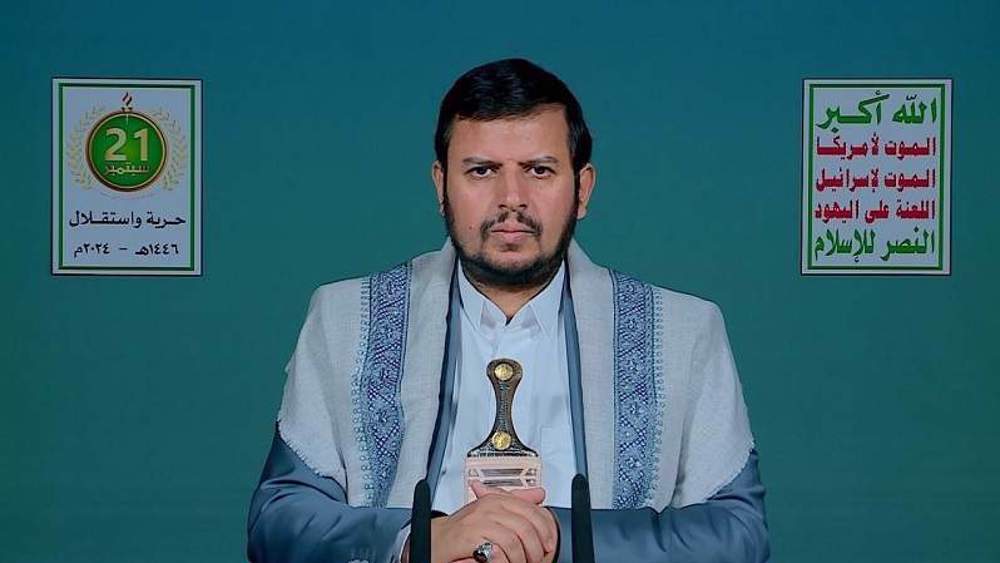
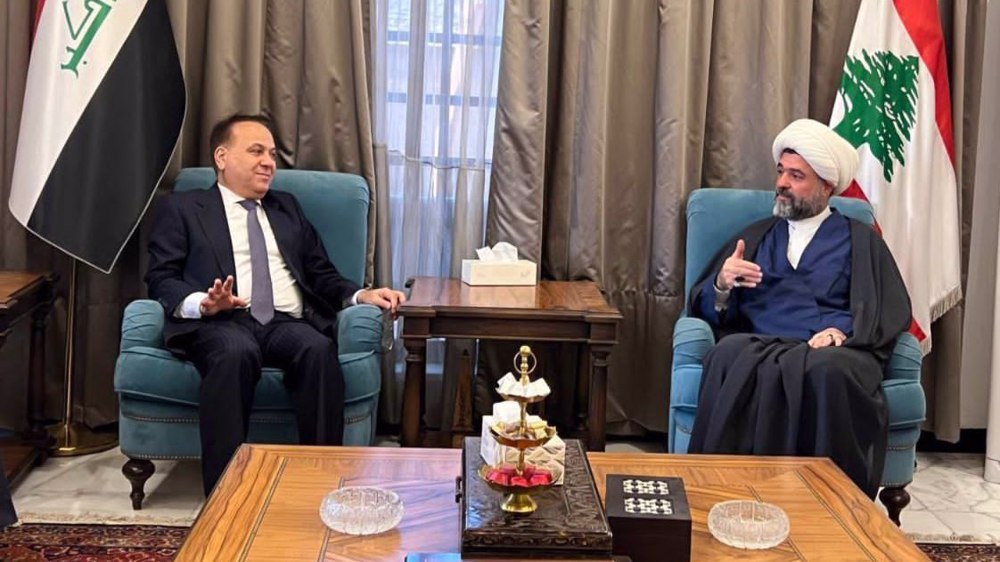
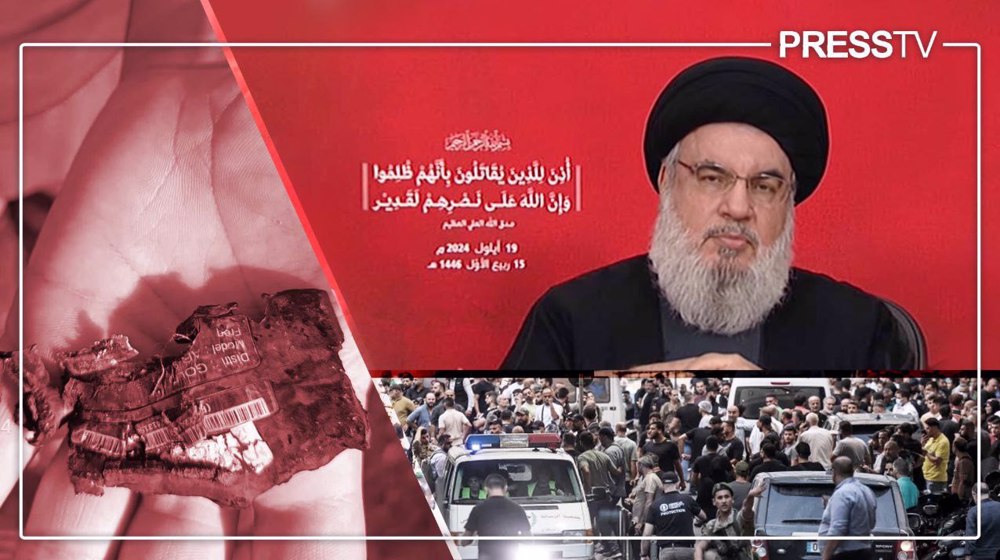

 This makes it easy to access the Press TV website
This makes it easy to access the Press TV website